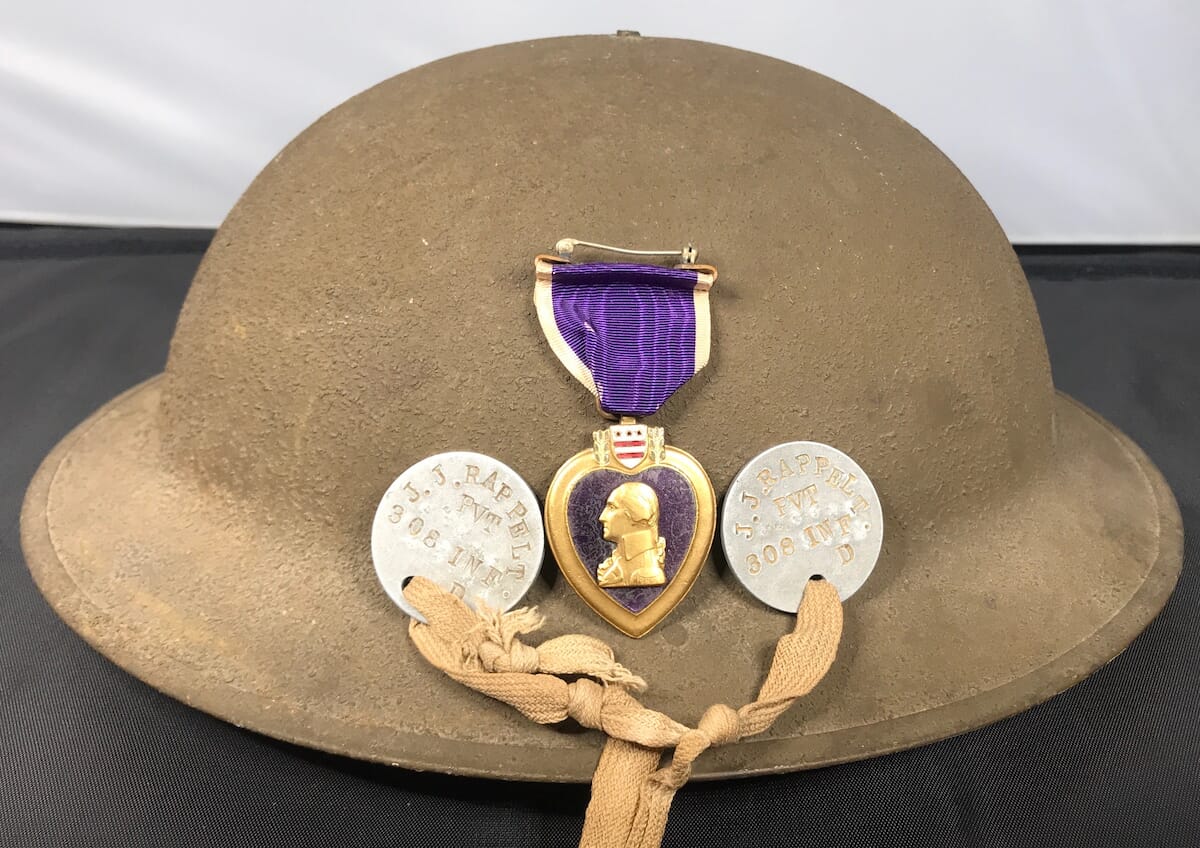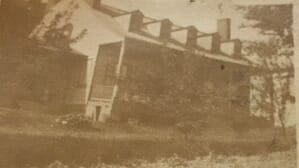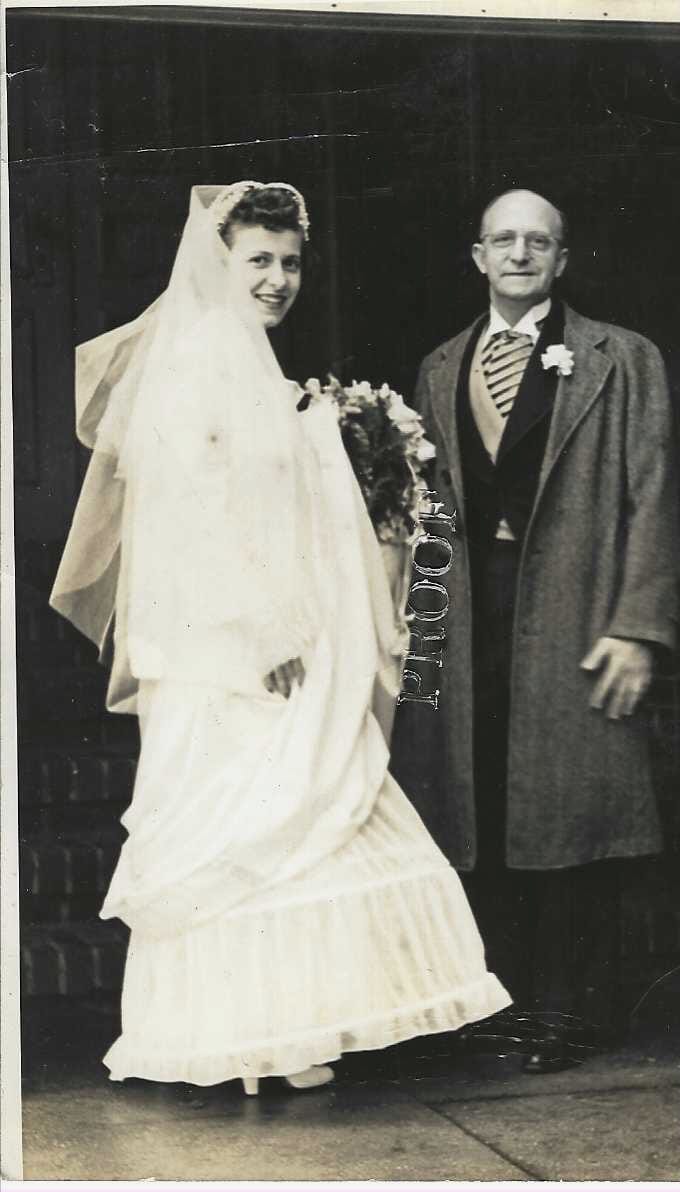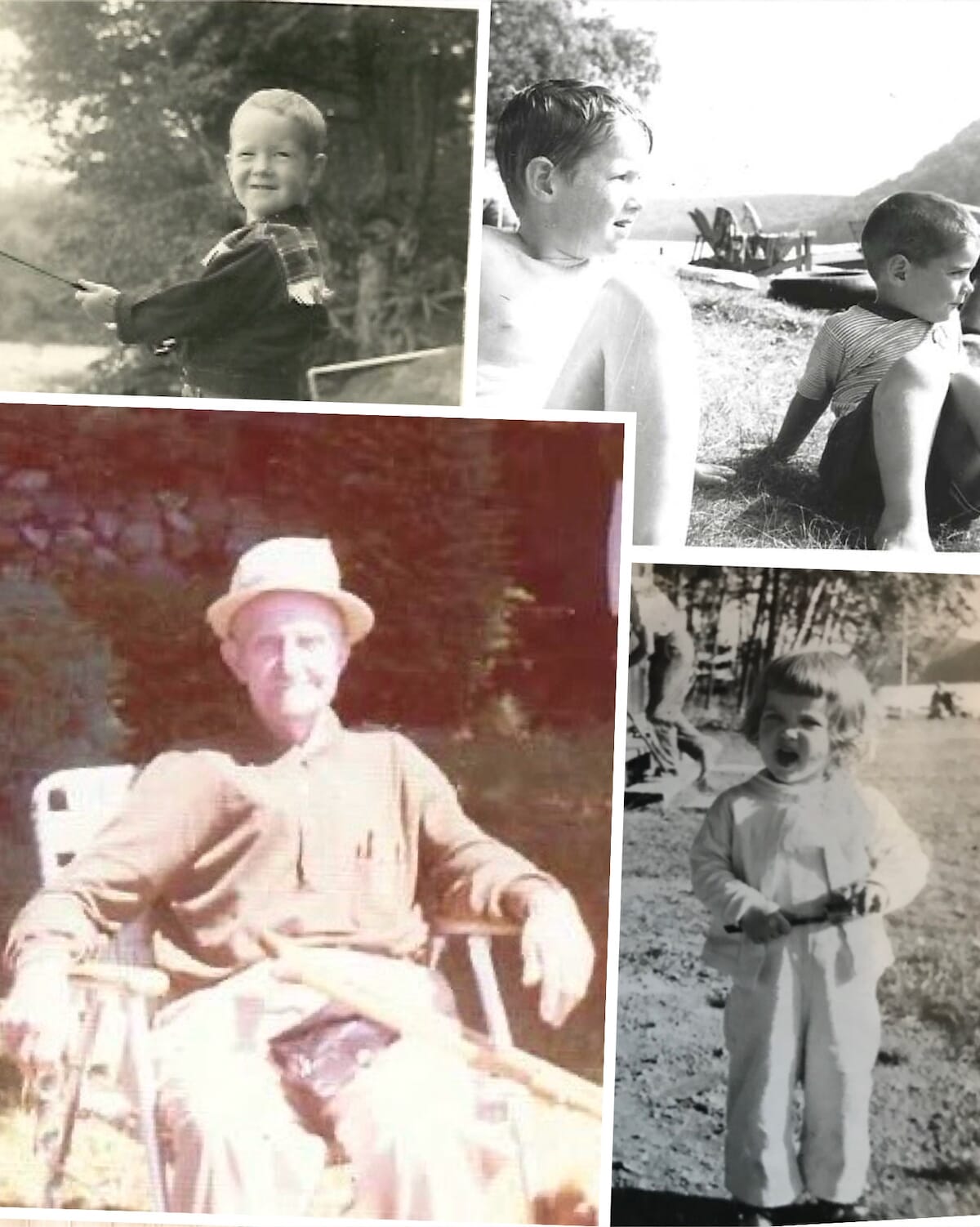In life, we all have our heroes. My grandfather is my hero. There are many reasons why, but the most important reason, was his positive attitude. My grandfather had a way of finding a positive spin on life. If anyone could have been negative, he could have. Lots of bad things happened to him:
- His father died when he was 2.
- His mother remarried and his stepfather died when he was 6.
- His mother died when he was 8.
- He was raised by his grandmother in Brooklyn NY and he was “Farmed out” to work on relative’s farms on Long Island and Staten Island every summer..
- While working one summer on Staten Island, he met and got engaged to my grandmother (See the featured picture)
- He fought in WWI, was wounded and his right leg was amputated.
- His wife died when she was 58
I went to visit him when he was 90 years old, and he scared me by saying: “Paul don’t get this old. (My first reaction was that he might be depressed, then he came back with) I go to bed at night and there is more of me out of the bed, than in the bed.
- I take off my wooden leg.
- I take off my glasses.
- I put my teeth in a jar.
- I take off my hearing aid.”
He finished the story with a smile and saying: “The good news is that I can’t take out the plate in my head from the boat accident in 54”. Gramps had a way of finding the positive.
My grandfather fought in the First World War. He got shot in the leg during the battle for the Argonne Forest. He told the story about the wound not being that bad, but because of triage, he didn’t get treatment right away and the wound led to gangrene and eventually the loss of his leg.
Gramp’s helmet, Purple Heart medal and dog tags from WWI
Gramps was a war hero. He received the Purple Heart, but his biggest accomplishment was how he dealt with adversity and went on to live a full life. Gramps had gotten engaged to my grandmother before the war. After losing his leg he wrote, telling her that the engagement was off, as he wasn’t the same man. Of course, she wrote back telling him it didn’t matter.
When I was in college, I went to visit Gramps and he took me to the Historic Richmond Town site on Staten Island NY. My grandmother’s house is part of the site. We sat in the car in front of the house and Gramps told me about how when he came home from the war, he arrived on Staten Island late at night after the train from Washington DC to New York City. Then a subway and ferry to Staten Island. He then walked across the island on one leg with crutches and arrived at the house at 4 in the morning. He told me that he sat on the porch just waiting. He was afraid that the family wouldn’t accept him. I cry every time I tell this story.
My Grandmother’s Home where my gramps was afraid, they wouldn’t welcome him as a wounded veteran
Of course my grandmother and the family accepted him. Then it became a question of how could he earn a living? Gramps had worked for the Post Office before the war. When he tried to get his old job back, he was originally rejected because he had only one leg. Family and local politicians got involved and he got a job. He spent his career as a postal clerk. The story is that the saying at the Postal Office was: “If you want to know, just ask Joe”.
I once asked my mother what it is was like having a father who was handicapped? She answered me curtly with: “My father was the same as all the other fathers. We never thought of him as being handicapped”.
Gramps was a happy man
My mom and my grandfather on her wedding day
Both of my grandparents had jobs during the depression. Gramps as a postal clerk and my grandmother as a teacher. They saved and invested wisely. In the 1930’s, they bought a house on Candlewood Lake in New Milford Connecticut. At that time, they were living and working on Staten Island, part of New York City and “The Lake” was probably a 5-hour trip. Over the next 50 years The Lake became the central summer gathering place for the family. Gramp’s 10 grandchildren all grew up together there and were blessed with his lessons. He taught us how to do so many things:
- Work hard.
- Gramps always had home improvement projects that led to chores for all the grandchildren.
- Treat other people the way you want to be treated.
- Gramps led by example. I don’t think I ever heard anyone talk badly about him. More importantly, he never said a bad word about someone else
- Believe in God
- You had to believe if you drove to church with Gramps. Driving without a right leg was a challenge. Riding with him driving was scary. We did more praying on the way to church than we did at church.
- Invest and save.
- Gramps bought saving bonds for each of his grandchildren. While not enormous (Maybe a thousand dollars), it was enough to help some of us buy their first house. One thing we know about Gramps, it was very important to him that he treated all of his grandchildren the same.
- Fish.
- Gramps loved to fish and passed on that love. The process was as much fun as the catching. Hunting bait (worms, crawfish, minnows), trips to the tackle shop and boat rides just 10 yards from our dock to best fishing spot on the lake, were a lot of fun.
- Garden.
- Gramps was always a farmer at heart. His youth working on the family farms were some of his fondest memories. He was always planting and tending to his gardens. To this day, whenever I plant anything, I think of Gramps.
- Haul rocks.
- The state flower of Connecticut is a rock. Rocks are everywhere. Gramps always wanted to strengthen the wall at the lakefront. The grandsons all spent their summers hauling rocks from across the lake to build up the wall and jetties. For Gramps, there were never enough rocks.
- Enjoy good food.
- Gramps had a hearty appetite. He loved to tell us about the foods he ate on the farm growing up. Both the quality and the quantity. He would often say after a good meal. It was so good; I just wish I could eat more.
There are so many memories and stories. The fact that there were 10 grandchildren growing up together was a gift by itself. At the center of everything was Gramps, always a positive influence.
Life at “The Lake”…
Clockwise: 1. The author, age 3, scaring the fish. 2. The author 6 with his cousin Donald who still lives on the Lake. 3. The first grandchild Barbara, who passed too soon. 4. Gramps
Ever since I went to business school, my goal in life is to do for my family what my grandfather did for his family. It is not about material things. It is about how he managed to find the positives in life. He could have soured on life, but he found ways to be happy. He also brought happiness to those around him. He will always be my hero!
POST SCRIPT: I have always held my grandfather on a pedestal. After reading this, my cousin Buddy called me saying that Gramps is as close to a “Saint on Earth” as anyone he has ever known. No one would argue. Years ago, Buddy and I once had a conversation pointing out that Gramps was the icon of his generation and my mom, Dorothy, is the icon of hers. The question was posed of who will be the icon of our generation? In harmony, both Buddy and I said: “It is not going to be me”. “It is not going to me”. But, the memory of him, and his ability to focus on the positives in life is something we all strive for.
If you enjoyed this blog and similar other stories/supper club lessons follow me on Facebook and Twitter and subscribe to get future blogs at www.impromptufridaynights.com/blog and check out my book Impromptu Friday Nights a Guide to Supper Clubs. Published by Morgan James Publishing and available through most channels where books are sold.




